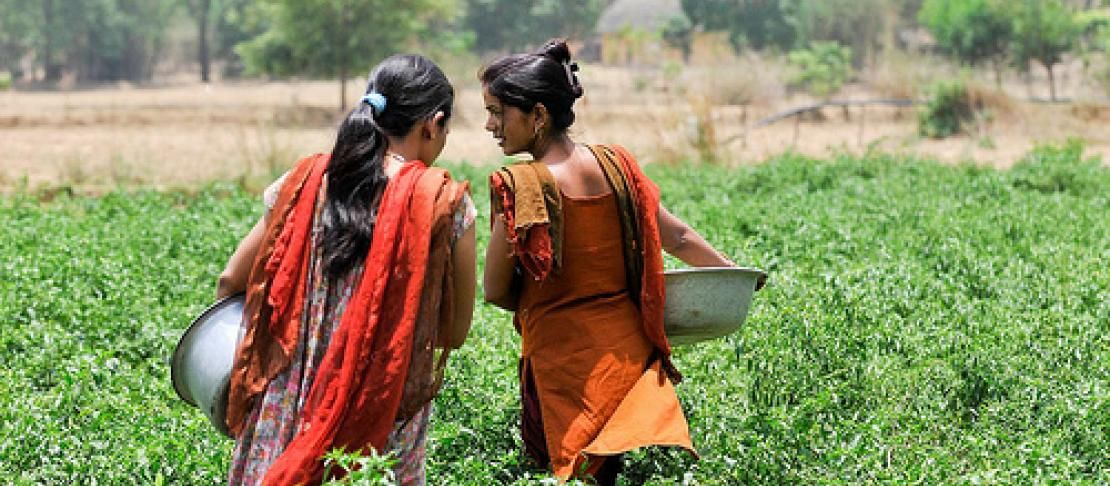Moving ahead with actions on transforming the global food system

by Sir John Beddington
I have just been briefed on the outcomes from the 4th Agriculture and Rural Development Day (ARDD 2012) held today in Rio de Janeiro. As Chair of the independent Commission on Sustainable Agriculture and Climate Change, I am pleased that our seven policy recommendations were taken up through the set of learning events held at this important venue and that so many good examples, tools and approaches for a sustainable food system were shared by this diverse set of researchers, practitioners and stakeholders.
When the Commission released its report, Achieving Food Security in the Face of Climate Change, it was our intention to foster cross-sectoral innovation that would lead to meaningful global change. The work at ARDD 2012 exemplifies this innovation and the coordination needed to transform the global food system.
Colleagues from Brazil shared their experience combining policy-making and institutional and human development with a science-based strategy to promote agricultural innovation. They highlighted progress in developing sustainable governance for fish production that integrates essential knowledge from science and economics. Learning events hosted by Farming First, the International Fund for rural Development (IFAD), the World Agroforestry Centre and EcoAgriculture Partners demonstrated the importance of measuring progress as a mosaic of solutions are applied in agricultural landscapes.
Significant attention was given to understanding how sustainable intensification can be put into practice. Discussion led by the Center for International Forestry Research (CIFOR) clarified where and when “land sharing” and “land sparing” approaches can result in the best outcomes for sustainable agricultural production within complex multi-functional landscapes. Participants learned from the International Livestock Research Institute (ILRI), CATIE and Empresa Brasileira de Pesquisa Agropecuária (EMBRAPA) about the potential to improve livelihoods and reduce greenhouse gas emissions through new livestock feeding practices. International Federation of Organic Agriculture Movements (IFOAM) and Biovision showcased ways to intensify ecological knowledge to build resilient rural communities, economies and ecosystems. Swedish International Agricultural Network Initiative (SIANI) and others shared local nutrient management strategies that improve crop quantity, minimize resource use and reduce pollution.
World Food Program and others described innovative approaches for ensuring that the most food insecure people on our planet benefit from sustainable development and that patterns of undernutrition and overconsumption shift to healthy and sustainable eating habits. The regional drivers and hotspots of food loss and waste across the food chain were explored in a learning event led by FAO. The role of rural advisory services in bridging scientific research, field-level innovation and markets was the focus of a learning event convened by the Global Forum for rural Advisory Services (GFRAS) and World Farmers’ Organization. Importantly, the Global Forum on Agricultural Research (GFAR) hosted a learning event that looked specifically at pathways to women’s empowerment through agricultural innovation.
These examples of successful advancement toward sustainability goals demonstrate that it is possible to achieve a food system that truly supports people and the planet. The time is now right for policy makers at the Rio+20 Summit to commit to real progress on integration of agriculture, forestry and fisheries, supported by robust systems for knowledge generation and extension. We need to secure agreement to develop food as one of the themes for the Sustainable Development Goals, as part of a nexus of issues (food, water and energy), which are critical to sustainable development. I will carry this message forward into discussions in Rio de Janeiro and beyond.
Professor Sir John Beddington from the United Kingdom chairs the Commission on Sustainable Agriculture and Climate Change.
Download the Commission's reports
Final Report
Achieving Food Security in the Face of Climate Change (4.5 MB PDF)
Summary for Policy Makers (PDF)